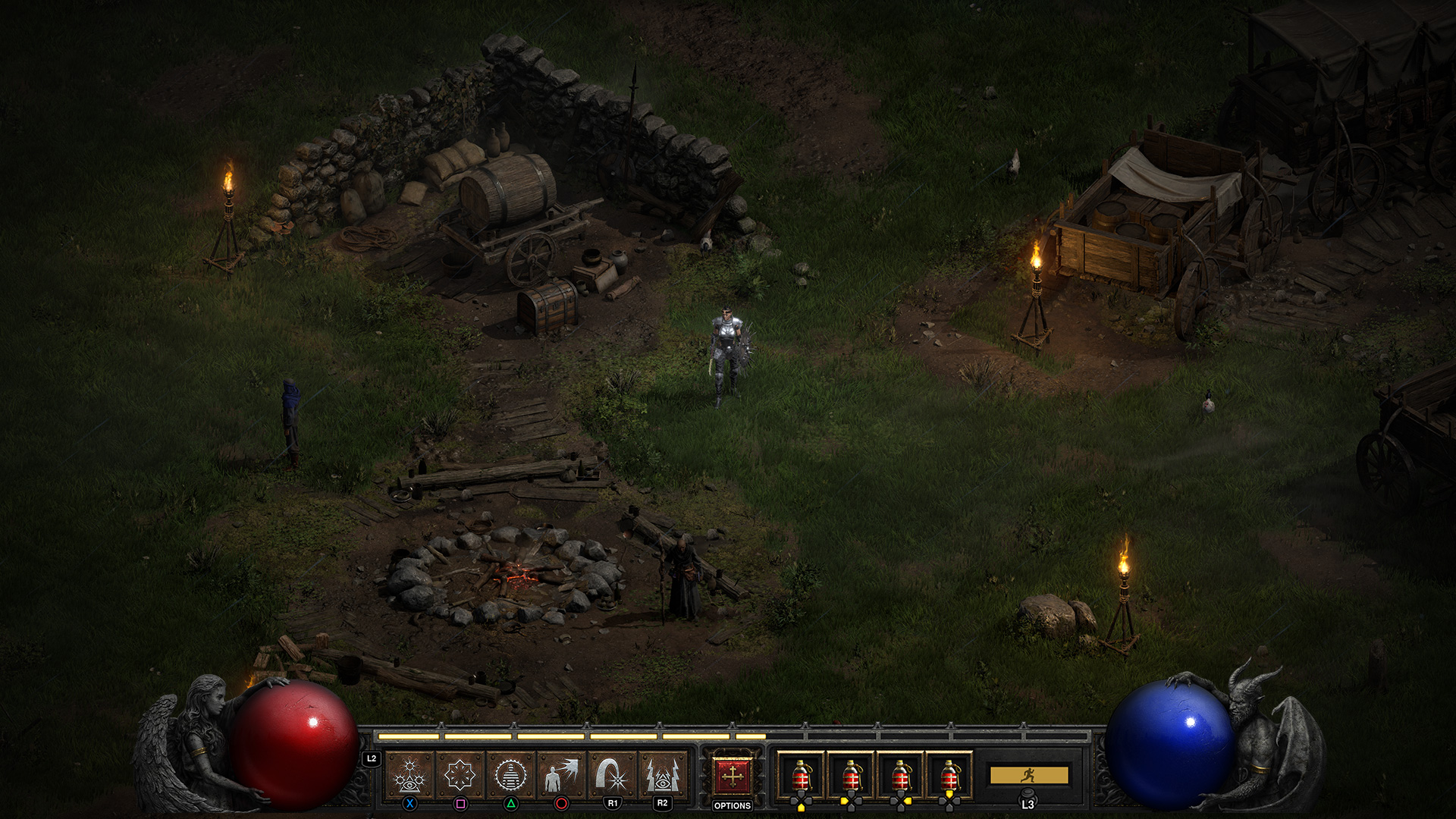


There's no party to manage, no lengthy conversations to navigate, just your single all-conquering hero. Stripped down to the bare essentials, Diablo II is a real-time all-action slaughter-fest with simple point-and-click controls, lots of monsters to kill, and thousands of subtly differentiated items for the player to accumulate and toy with. It tends to result in a lot of time spent jiggling inventories and gazing at stat screens, hoarding gold and wondering whether to buy that cool-looking magical weapon from the town merchant, or to wait until you stumble across something even better in some dungeon somewhere.įirstly, it embraces the stereotype, and offers the purest possible implementation of the primal dungeon-crawl experience. The ongoing incentive is always the prospect of a slightly higher number just around the corner-the Axe of Craftsmanship (Damage 3-12) to supercede your existing Axe (Damage 3-11), or the Glorious Chain Gloves (Defence: 14) to replace the Superior Chain Gloves (Defence: 11). This is the paradigm for almost every computer role-playing game, from the ASCII-character dungeons of mainframe Hack to the party-based questings of Baldur's Gate. As the game progresses, then, you get to tackle more powerful monsters… and are rewarded with even heftier power-ups… which enables you to defeat even more powerful monsters… which results in a still further enhanced player-character… and so on. Your efforts are rewarded with increasingly powerful weapons, armour and magical items, and an alter-ego which grows in ability as he or she gains experience. You create a puny and impoverished character, then run around a fantasy world fighting monsters. The game's fundamental hypnotic appeal is obvious a tried-and-tested formula. You sit down for a quick play-just to find the next dungeon, you tell yourself just to get your bearings in the next section-then you regain consciousness with the alarm clock ringing from the bedroom and an arm so tensed from all-night mouse-clicking that it barely feels part of you any more. Although I will call it repetitive and unoriginal, claim that it encourages inelegant play, and curse its fetishistic immaturity, the plain, painful fact is that Diablo II is the most brutally addictive game I've played since Half-Life.


And while there are some things I want to say about Diablo II which are by no means in its favour, my criticisms ultimately count for nothing when set against that pervasive muscular ache.


 0 kommentar(er)
0 kommentar(er)
